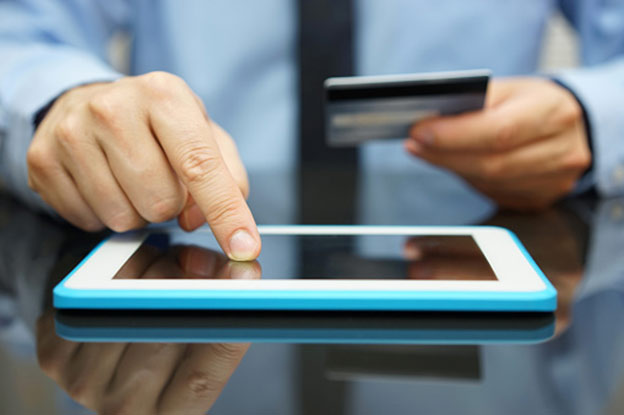I am all for technology and efficiency, but the increasing adaptation of cashless transactions is detaching us from our money. It is not enabling many people to have sound control over their finances, as they do not see the magnitude of their daily transactions. Last weekend, while on a quick grocery run, I observed other shoppers frowning and fidgeting toward a man in front of the queue paying for his grocery with cash. This is not the first time I have seen such mannerism and overly patient shoppers display so much civility toward a cash paying shopper.
It seems paying cash at a lot of major retail and shopping outlets is not tolerated by other shoppers. It is safe to say, we are in a haste to spend our hard-earned money as technology has enabled us to easily swipe, tap and confirm our transactions online in less than a second (and we do not even ask for receipts).
Many financial psychologists say personal financial management is 20% numbers and 80% psychology. They go further by explaining that financial success is about understanding the power of money, staying on top of your budget, vividly visualizing spending – what is going in and out and prioritizing needs and wants. In short, the more informed we are about our money, the higher our chances of achieving financial success.
In our contemporary world, all you have to do is swipe, tap or confirm a transaction and you have the latest gadget, big-screen TV (and in this case, the bigger the screen the better your viewing experience), new clothes and so forth. The physical action and emotional attachment involved in going into your wallet or purse to hand out your hard-earned sweat is obsolete in our world today. Try counting 15 20’s for a $300.00 smartphone and hand this stack of cash to the sales person.
Technology has undoubtedly made us a more productive society and in most cases we can identify more pros than cons; however, within the context of personal finance, we are also becoming a society of spenders via technology. When you use cash in your daily transactions, it enables you to budget for discretionary spending, and it is probably the safest form of transaction. There is also limited accumulation of consumer debt and most importantly, less guilt because one has many opportunities to thoroughly think about their action before proceeding.
Of course this may not work for everybody, but the point I am trying to make here is, we need to curtail the notion of cashless transactions. The more we use our cards, the higher our chances of losing control of our budget. This will ultimately affect our financial independence.

I always pay cash when I go grocery shopping so I can track my spending and I get the same looks sometimes. It’s actually more of a shocked look and sometimes they also seem annoyed. I totally get what you are saying. The convenience of technology is great, but it in the context of personal finance, it is detaching us from the realities of our financial situation. Even though the purchase can be quick and easy, many times replenishing the cash of paying down the debt may not be.
Exactly Pam! Cashless is a very convenient form of payment but we have to pay close attention our financial transactions.